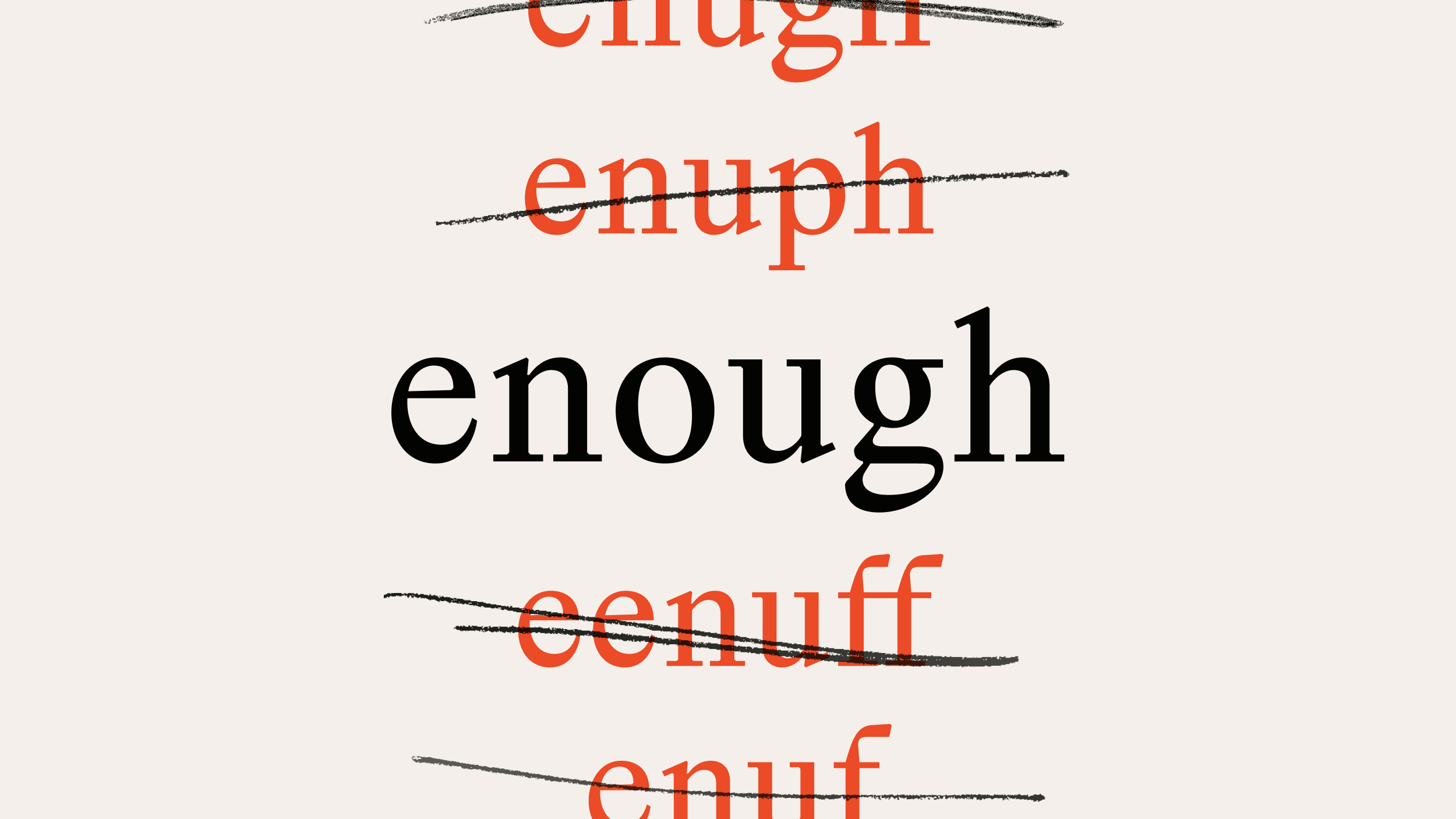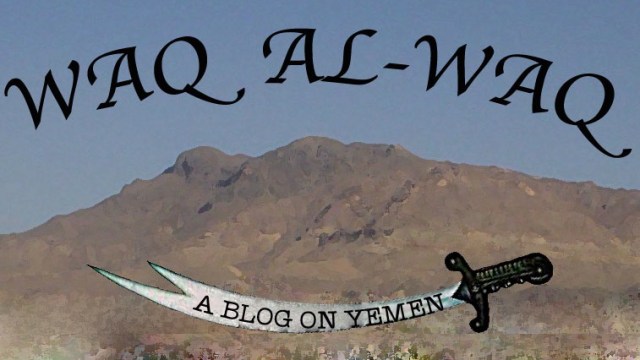Does the Internet Make Us More Altruistic?

Over the past week, Jonathan’s Card became one of the more fascinating online social experiments ever conducted in full public view. The basic premise was simple – a single individual (Jonathan Stark) posted the details of his Starbucks loyalty card online, loaded it up with $30, and then encouraged people across the country to use the money on the card as needed and then “pay it forward” to other Starbucks users after using this card. The balance of the card fluctuated widely – usually between $0 and $50 – before Starbucks finally shut it down Friday night after a user claimed to have hacked the card. While the basic premise of Jonathan’s Card was simple, the bigger idea is actually more complex: Does the Internet make us more altruistic?
Reading through the updates posted to the Facebook page for Jonathan’s Card, it becomes immediately evident why this online social experiment generated so much passion. The mobile Internet – people connected to the Internet via their mobile devices in real-time – has the potential to be a major force for social good in a new and unique way. In fact, what was particularly striking was the number of users who said that Jonathan’s Card reaffirmed their faith in humanity. People, when given a choice, will do the right thing. People were topping off the card with $10 or $20 at a time, with a live, blow-by-blow Twitter stream giving constant updates on the amount of money on the card. People in Starbucks cafes were literally paying for the people behind them, which led in turn, to those people offering to pay for the people behind them.
Until Starbucks finally shut Jonathan’s Card down on August 12 due to concerns about hackers, the online experiment appeared to flout everything we thought we knew about the way people use communal, shared goods. First proposed nearly 40 years ago, the Tragedy of the Commons states that individuals, acting independently and in their own self-interest, will misuse a shared, limited resource. The classic example is that of cows grazing on a public pasture in a British village. Each cow owner would like to keep “the commons” grassy, but nobody is obligated or incentivized to do his or her part. Over time, the outcome is clear – rational, returns-seeking cow owners will allow their cows to over-graze the commons to the point where it is no longer usable. (In the Starbucks example, of course, “over-grazing” is the same as “over-using” the loyalty card, without re-upping the card balance for others).
Ultimately, the Jonathan’s Card social experiment raises a number of fascinating questions – not only about human nature but about the way different social architectures impact our decision-making.The Web has a unique open architecture that encourages collaboration and sharing. How is this social architecture changing as a result of millions of mobile devices being hooked up to the Internet? Keep in mind that Jonathan’s Card frequently dipped down to a $0 balance, but altruistic users quickly added money to the card, in an effort to keep the experiment going. Even after Starbucks halted the experiment, users volunteered to take over.
Thanks to smartphones and mobile devices like tablets, formerly anonymous users, connected only by IP addresses in different locations, now how have the ability to connect with each other, face-to-face. Real-time tools like Twitter enable us to constantly “keep track” of the score. Which raises the question: What if each of those sheepowners in the original Tragedy of the Commons had had a mobile device that enabled them to monitor the amount of grass remaining, the same way that the Jonathan’s Card Twitter account made it possible to track the amount of money remaining on the card?
At the end of the day, there is nothing “new” about altruism, or even about altruism at public cafes, for that matter. There’s even a phrase in Italian – caffe pagato – which translates loosely into “free coffee,” that describes the act of kindness of buying a coffee for others. What’s “new” is the social architecture – a new architecture enabled by mobile devices and a real-time, ubiquitous Internet – for making this sharing possible. This is caffe pagato for the mobile Internet era and it’s, quite simply, belissimo.





